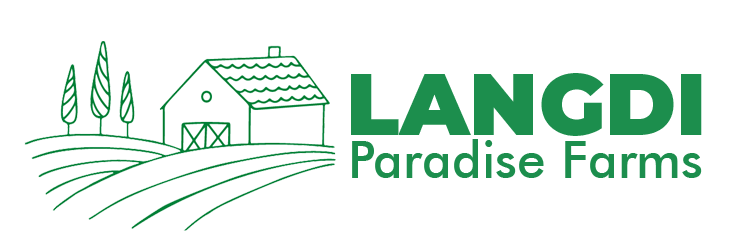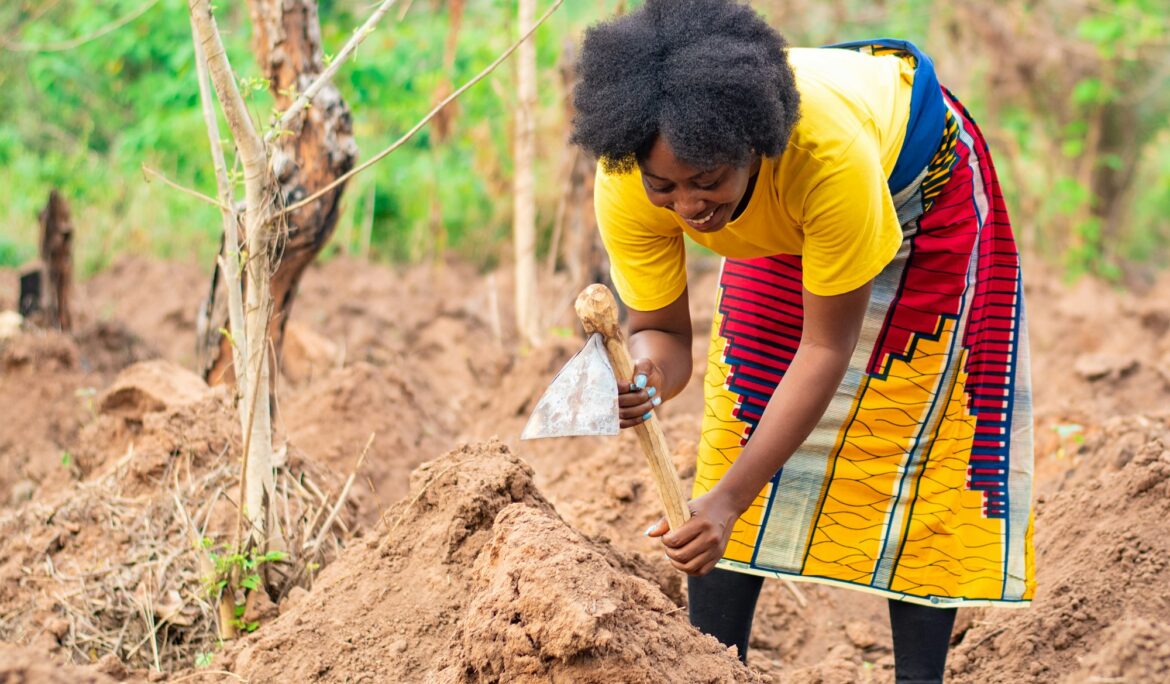Introduction
Women play a pivotal role in Ghana’s agricultural sector, contributing significantly to food production and rural livelihoods. Despite their substantial contributions, women farmers often face numerous challenges that hinder their full potential. This blog post delves into the vital role of women in Ghanaian farming, the challenges they encounter, and the efforts to empower them.
Women’s Contributions to Agriculture
In Ghana, women are involved in various agricultural activities, including crop cultivation, livestock rearing, and food processing. They are responsible for about 70% of food production, particularly in staple crops such as maize, cassava, and vegetables. Women also play a crucial role in post-harvest activities, such as storage, processing, and marketing.
Challenges Faced by Women Farmers
Limited Access to Land: Land ownership and tenure systems in Ghana often favor men, limiting women’s access to land for farming. This restricts their ability to expand and invest in their agricultural activities.
Access to Credit and Resources: Women farmers frequently face difficulties in accessing credit, agricultural inputs, and extension services. Financial institutions and support programs often overlook women, hindering their productivity and growth.
Education and Training: Limited access to education and training opportunities affects women’s ability to adopt modern farming techniques and technologies. This gap in knowledge and skills further marginalizes women farmers.
Labor Burden: Women often balance farming with household responsibilities, leading to a significant labor burden. This dual role impacts their health and limits the time and energy they can devote to farming.
Empowerment Initiatives
To address these challenges, various initiatives are being implemented to empower women farmers in Ghana:
Land Rights Advocacy: NGOs and advocacy groups are working to promote women’s land rights and secure tenure. Efforts are being made to ensure that women can inherit and own land independently.
Access to Finance: Microfinance institutions and women’s cooperatives are providing tailored financial products to support women farmers. These initiatives aim to enhance women’s access to credit and financial services.
Training and Capacity Building: Programs focused on training women in modern farming practices, entrepreneurship, and leadership are being rolled out. These initiatives help women improve their skills and boost their agricultural productivity.
Policy Support: The Ghanaian government is increasingly recognizing the importance of gender equality in agriculture. Policies and programs are being developed to promote women’s participation and address their specific needs.
Conclusion
Women are the backbone of Ghanaian farming, and their empowerment is crucial for the sector’s growth and sustainability. By addressing the challenges they face and providing targeted support, Ghana can unlock the full potential of women farmers, leading to increased productivity, food security, and economic development.

